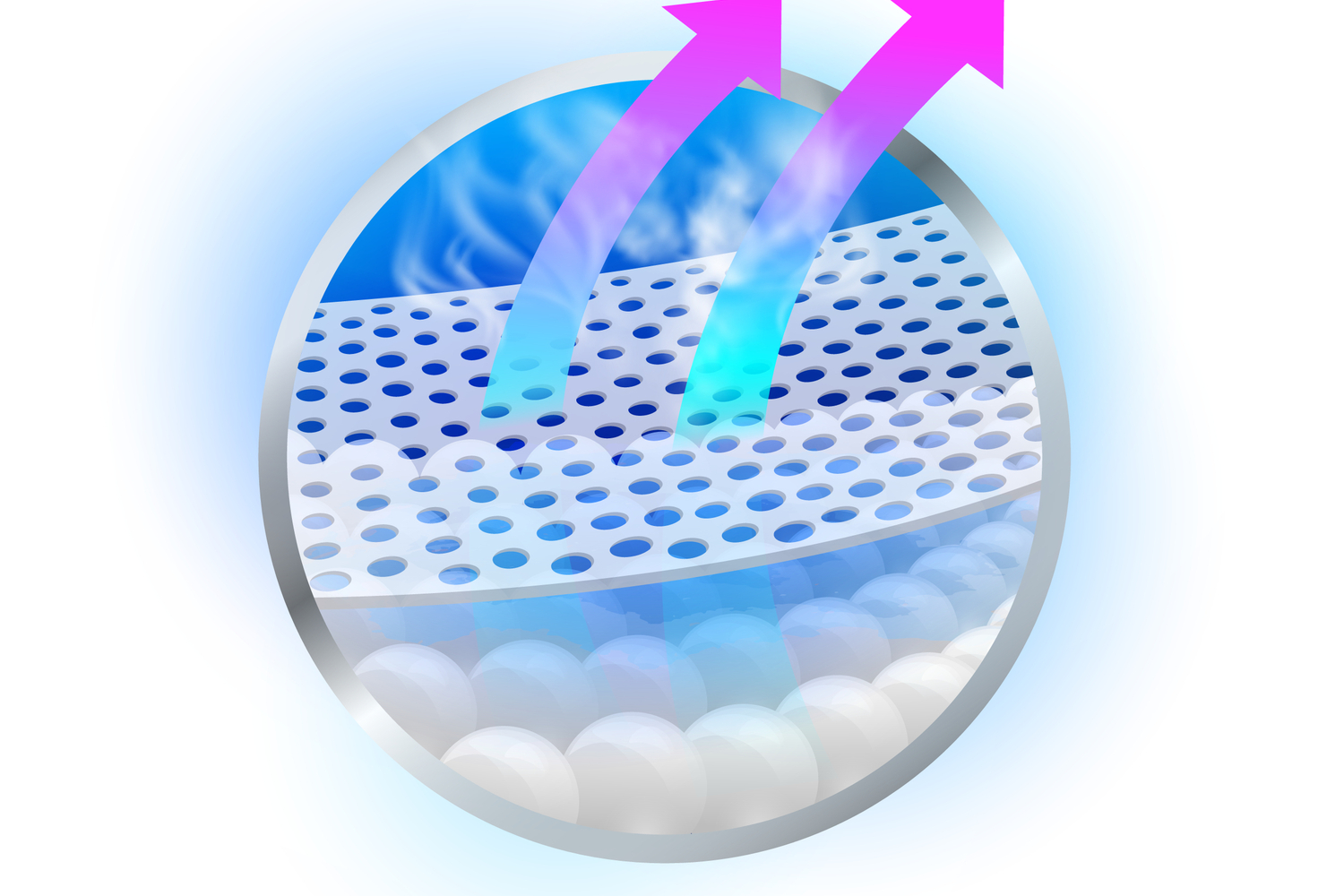That Unpleasant New-Mattress Smell
Sometimes that smell of something new never seems to last long enough, like the interior of a new car or a fresh, just out of the oven, baking sheet full of chocolate chip cookies. But that is often not the case with many pieces of new furniture, especially when it comes to the smell of a new “bed-in-a-box” mattress that many consumers are purchasing today.
You buy it online and it’s delivered right to your front door. You remove it from the box, pull the mattress out of the protective plastic bag, and unroll it on your box springs. Add some sheets and you are ready for your first restful night’s sleep on your new mattress. As you lay your head down you become aware of strong chemical odor.
What Causes the Odor in Your New Mattress?
As soon as that new foam mattress is produced, it is vacuum-sealed in a polythene bag. The foam that the mattress is constructed of contains resins, adhesives, and flame retardant materials (flame retardants are mandated to meet government safety standards). The polythene bag prevents any air circulation and allows the VOCs, volatile organic chemicals, to start their off-gassing processes while still incased in the bag. These VOCs become concentrated and are released into your indoor air when the polythene bag is first opened. It can take several days for these odors to dissipate.
VOCs Explained
Volatile organic compounds, although they can be naturally occurring (think of fresh-cut flowers or grass), are often caused by human-made chemicals. They are emitted as gasses by a vast number of products, like paints, cleaning products, air fresheners, building materials, and in this case, the foam in your new mattress.
Not all VOCs are harmful, but many can cause serious health effects. These health effects can be minor, like eye, nose, and throat irritations. Long-term exposures to others can cause damage to your kidneys, liver, or other internal organs. Since we all spend 90% of our lives indoors, it is important to control the VOCs that are released into our indoor air.
How Long Will Mattress Off-Gassing Last?
The length of time that the off-gassing of your new mattress lasts is determined by many different factors. Some manufacturers take steps to allow some off-gassing to occur before the mattress is packaged for shipping, others don’t. The density of the foam used and the number of layers present are additional factors. The last factor is the type of chemicals used during the mattress’s production. The best advice is to purchase a mattress that contains foam that meets the standards of CentiPUR-US, a non-profit organization that focuses on the certification of flexible foam bedding.
Speeding Up the Process of Off-Gassing
Below are some suggestions for safely speeding up the off-gassing process of your new foam mattress:
- Open the mattress outside your living space in a well-ventilated area for at least two days before bringing it into the bedroom.
- If an outside area is not available, open windows in the room, keep the door to the room closed to contain the smells, and use a fan to gently move air over the surface the mattress.
- You could sprinkle baking soda on the mattress to help “absorb” any off-gassing odors and after a couple of days, vacuum the baking soda off the mattress.
- Place the new mattress into a mattress cover for several days, then remove the cover and launder the cover. You will probably still smell some off-gassing, but it will be greatly reduced.
The amount of off-gassing that occurs in a new mattress is not a one-size fits all issue. Different brands of mattresses may be susceptible to different levels of off-gassing. Also the time between manufacture and delivery can affect the amount of new-odor smell and how long it lasts. For most people, mattress off-gassing is more of a case of inconvenience than an actual health risk.








